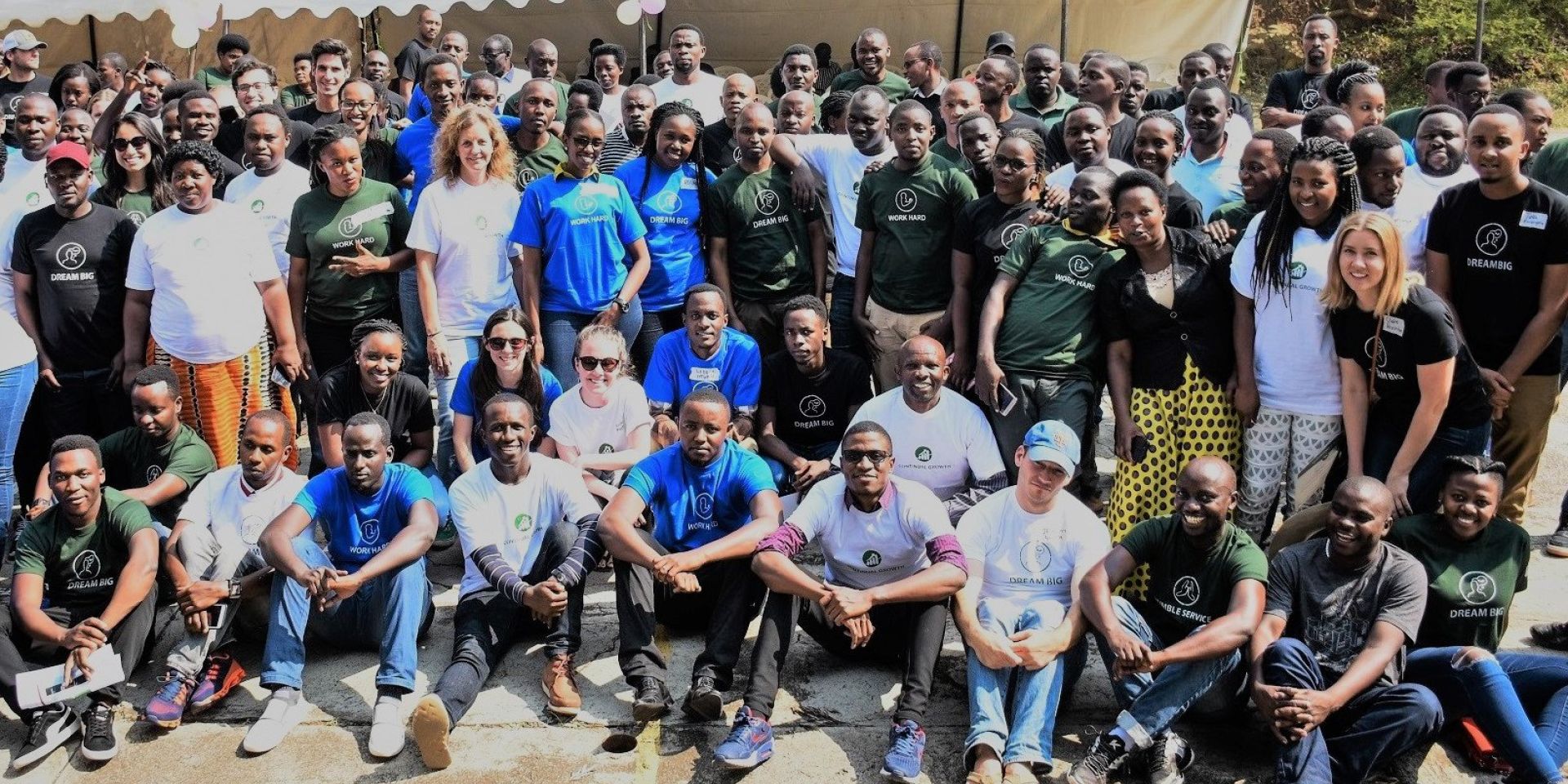Increasing Equity in Compensation and Benefits
In 2021, we committed to six core areas of improvement, informed by feedback from over 4,000 staff and the findings of an external consultant. Among our top priorities were diversifying our senior management teams and senior leadership bodies, building out a comprehensive Diversity, Equity, and Inclusion (DEI) training series for all staff to incorporate into our ongoing training curriculum, and ensuring field teams are sufficiently represented in DEI initiatives and have access to core staff support.
This year, we embarked on the second phase of initiatives, focusing on three key pillars:
- Reviewing our pay and benefits structures to ensure they’re results-oriented, fair, and financially sustainable.
- Rethinking how we define strong performance and support career growth to create a more consistent and objective experience for all staff.
- Creating more accessible channels for staff to share feedback and report bias, in addition to existing formal legal channels.
In this blog, I’d like to share updates on two pillars: compensation and performance management.
Four core benefits: Everyone gets health, housing, child, and retirement benefits.
We’re now offering four core benefits — health, housing, child, and retirement — to staff at all levels. Before this year, we provided health and housing to all staff. We’ve expanded access to child and retirement benefits to support staff to care for their children and save for the future. This is a significant expansion of our benefit offerings.
- Health: Countries are negotiating with health care providers to ensure coverage best matches staff needs.
- Housing: We are calculating the housing allowance consistently as a percentage of salary for staff at all levels.
- Child: Anyone who is a parent will get 6% of their base salary as a benefit. This is a flat rate, regardless of family size.
- Retirement: All staff will have access to a retirement benefit that supports their ability to save for the future. All countries already comply with all government-mandated pensions. We've set up additional savings options for countries where the government scheme is less robust.
We believe these four pillars are the foundations of staff wellbeing and support a long-term career at One Acre Fund across life stages.
Wider salary ranges: Salary increases are smooth and predictable as staff grow.
Job levels and salary ranges are a foundation of pay equity because they define the minimum and maximum base salary staff can earn in each role. We’re simplifying our pay scale from 19 to 14 job levels, which means each level becomes modestly wider. This means:
- More room for salary growth. Where a role is eligible, an individual can grow in a role longer without needing a promotion to increase their salary. This reduces the need for staff to undergo our promotion process as frequently, while still allowing salary growth. It also reduces the pressure to increase scope or management responsibilities for staff to qualify for salary increments.
- Smoother salary progression and less frequent salary caps. Our new salary ranges are broader and overlap with one another. For every promotion, there will be a consistent raise, so staff don’t necessarily have to start at the floor of the next salary range. This will ensure that raises and promotions are more predictable.
- More hiring flexibility to offer a wider range of starting salaries. Our Recruitment team will work with hiring managers to keep starting salaries equitable, allowing for more flexibility for highly competitive roles.
- Visibility into the current pay band and the next one. Staff will be directly notified about their current salary range and the one above them. Managers will have visibility for the teams they manage.
Simpler reviews: We assess performance objectively and inclusively.
Performance reviews assess what staff individually are contributing to their role. We heard feedback that our reviews have been time-consuming and inconsistent. We trialed new performance development review tools with over 1,000 staff and used their feedback to make big changes to our performance management tools, to ensure we assess performance faster, objectively, and inclusively.
Consistent rewards: We hold consistent standards for raises and bonuses.
Raises or bonuses are the way we reward performance within roles. To increase equity, we must award raises and bonuses more consistently across staff groups. In general, staff can expect the changes to create a more equitable experience. We aim to achieve this by applying shared standards to which roles get raises and bonuses and setting standard amounts for both; annualizing raises so they apply uniformly to all staff; and calibrating raises and bonuses for accuracy and equity across teams, with support from our people-facing teams like HR.
What this means for staff
We anticipate these changes to create a more equitable experience for our staff: we will have more clarity on when we are eligible for a bonus or an annual raise; more confidence that raises or bonuses are aligned to peers; more consistency in minimum raises for promotions, and raise amounts that are adjusted to account for the annual cycle.
We promised to make performance management a more consistent and objective experience for all staff, and our pay and benefits structures fair and focused on results. I am confident that this package of changes substantially advances these goals and increases equity for all of our 9,000 employees — and by doing so, improves organization performance and our ability to deliver results for farmers.
Farmers First,
Andrew Youn
Executive Director of One Acre Fund




